
Shelby County, Alabama claims the requirements of Section 5 are no longer applicable because their racial demographics have changed considerably since the formula was last reviewed in 1975. But can they prove that the Southern States with a history of limiting racial minorities from voting as identified in the Act are no longer in the habit of making voting difficult for the poor or minorities? Shelby County, Alabama argues that it can. But anyone that witnessed efforts to create voter ID registration laws and to curtail early voting, especially the elimination of voting the Sunday immediately preceding Election Day (when predominately Black Churches get their "Souls to the Polls"), knows that efforts to limit racial minorities from voting are alive and well. So then, what's the argument?
Seems some members of the Supreme Court believe such protections amount to "a perpetuation of racial entitlements" (Scalia) and perhaps, the Court must rule on what is proper for the protection of voting rights instead of Congress. Now everyone knows SCOTUS has authority under Article III of the Constitution as outlined in Marbury v. Madison (1803) to interpret the Constitution, but in my over 35 years of studying the Constitution, I have never found anything listing minority voting rights as "Entitlements." More disturbing though is the appearance that several Justices on the Court have suddenly become advocates of an "Activist" role for the High Court. You see, Justices Scalia, Alito and Thomas have made it their duty to adhere to the mantra that the role of the Court is to employ "Judicial Restraint", one which requires the Court simply interpret the strict meaning of the Constitution while giving overriding deference to the the "Will of Congress" that enacts legislation.
While employing such "restraint", Justice Scalia has publicly identified his judicial temperament as being an "Originalist," and one that believes in "Textualism" - "interpreting the text of written law without going beyond the intent of those legislators who made the law." Scalia claims that it is the "Court's duty to predominately defer to the preferences outlined in Laws as determined by the Legislature" (See, "A Matter of Interpretation, Anton Scalia, Princeton University Press, 1997). In other words, the Court should practice restraint by avoiding the urge to substitute its judgment when the intent of the Legislature is clear when is enacts law.
In 1985, then Deputy Assistant Attorney General, Samuel Alito wrote that he was "a conservative and an adherent to the same philosophical views that I believe are central to this [the Reagan] Administration. ... I believe very strongly in limited government, federalism, free enterprise, the supremacy of the elected branches of government [etc.] ...."
So why does it seem the World has turned upside down? Because yesterday, during oral argument before the Supreme Court, Justice Scalia argued the action by Congress to extend the Act for an additional 25 years is not enough to prove their real legislative intent; "...it’s a concern that this is not the kind of a question you can leave to Congress. There are certain districts in the House that are black districts by law just about now. And even the Virginia Senators, they have no interest in voting against this. The State government is not their government, and they are going to lose — they are going to lose votes if they do not reenact the Voting Rights Act. Even the name of it is wonderful: The Voting Rights Act. Who is going to vote against that in the future?" Huh? Justice Scalia, one who maintains that the Supreme Court should rarely, if ever, impose its will over an elected Congress, seems to be making an exception when it comes to the lawful protection of citizens' right to vote!
And if Justices Scalia, Alito and Thomas really believe Section 5 of the Voting Rights Act of 1965 should be struck down because the existing formula only applies to a narrow number of States and Counties that have undergone changes to their racial demographics, then perhaps Congress should extend the Act to cover all 50 states, so that it is equally and uniformly applied. I mean, the Senate approved the extension by a mere a vote of 98-0! How in the World can any Supreme Court Justice, let along one who allegedly lives and breathes the "Textualist" and "Originalist" theory of judicial restraint, possibly interpret that Congress did not really intend to extend the Voting Rights Act of 1965? Can someone tell me how Justices Scalia, Alito and Thomas define "Judicial Activism" if they consider their questions during oral argument reflect "restraint?" And isn't interposing their sideways interpretation that Congress really did not mean to extend the Act, like something out of a Fantasy World? Yes, but perhaps only in a World that has in fact, gone upside down!


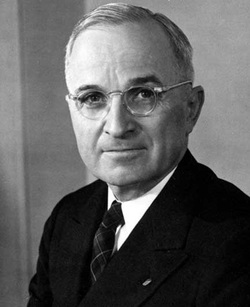
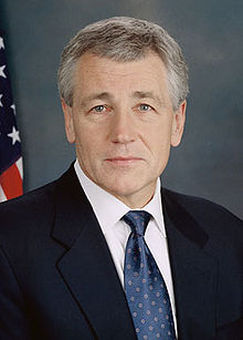
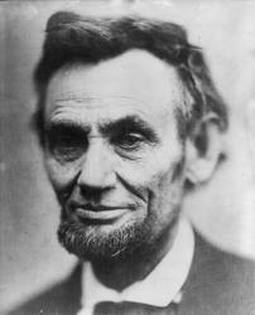
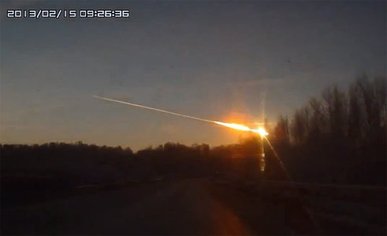
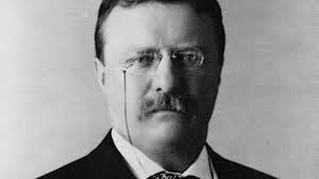
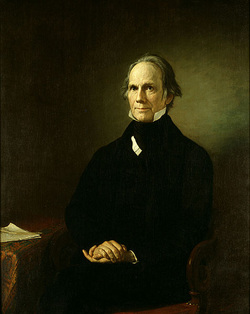
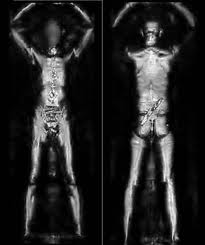
 RSS Feed
RSS Feed
